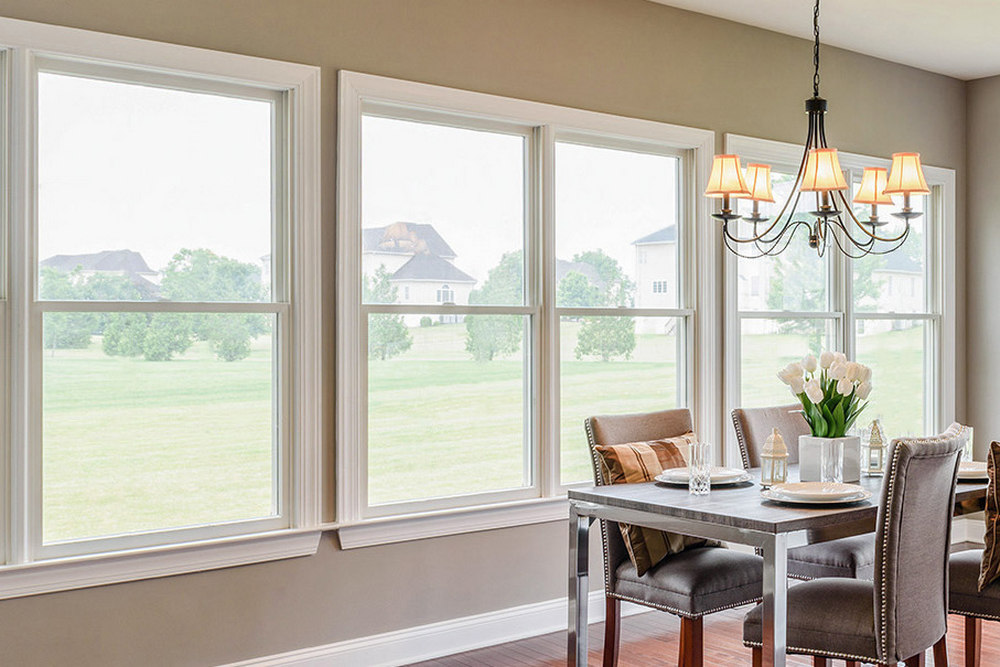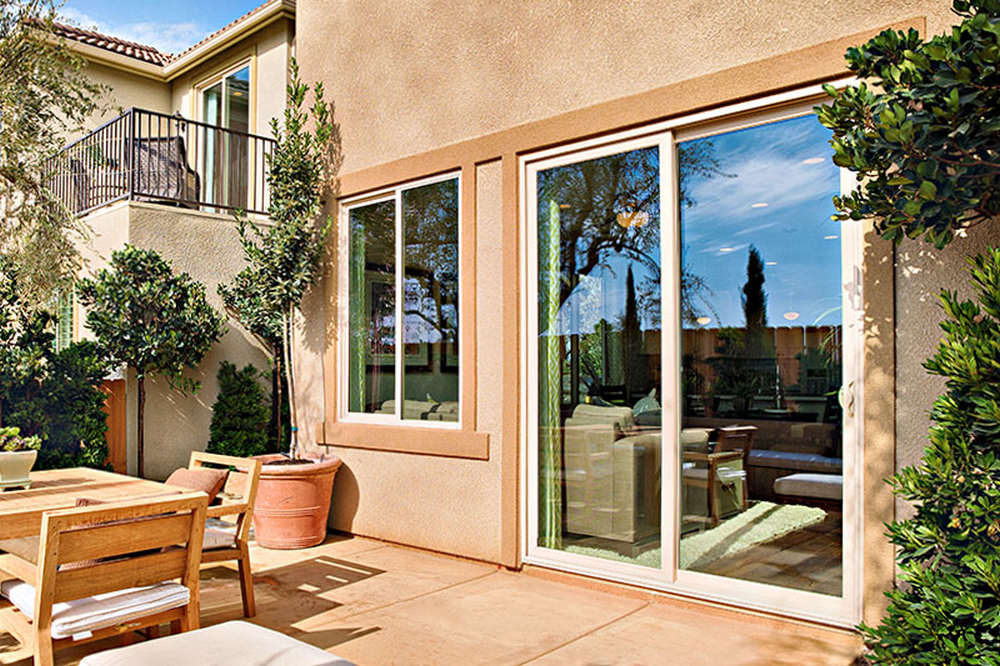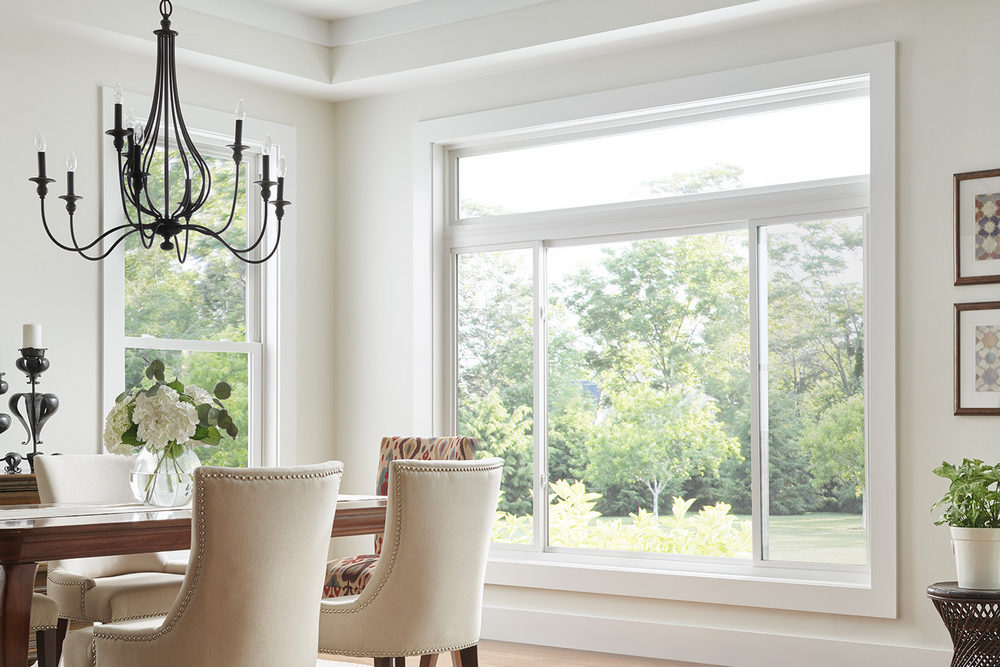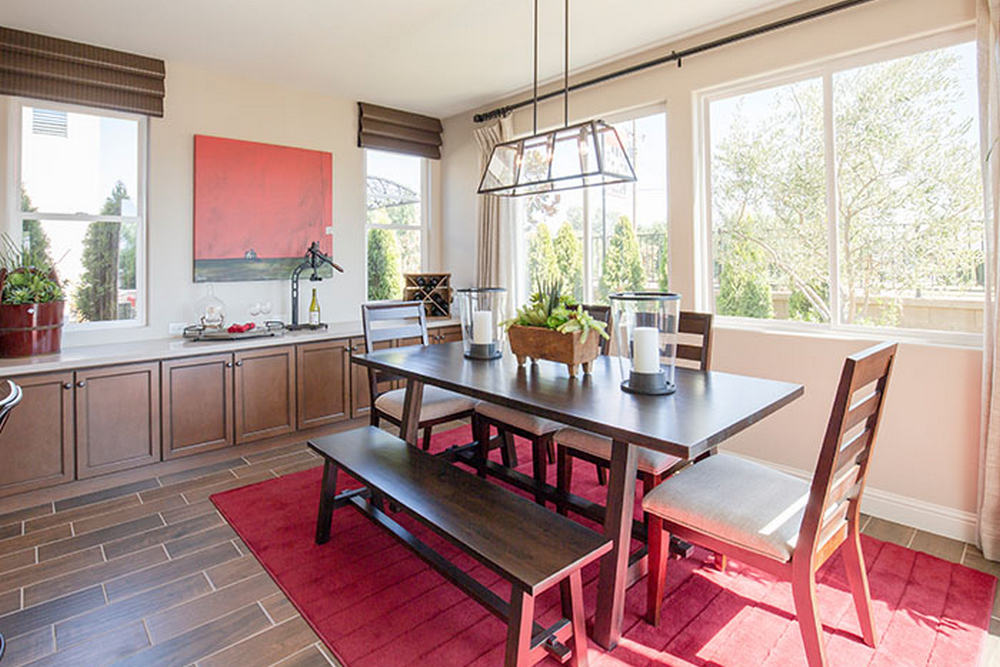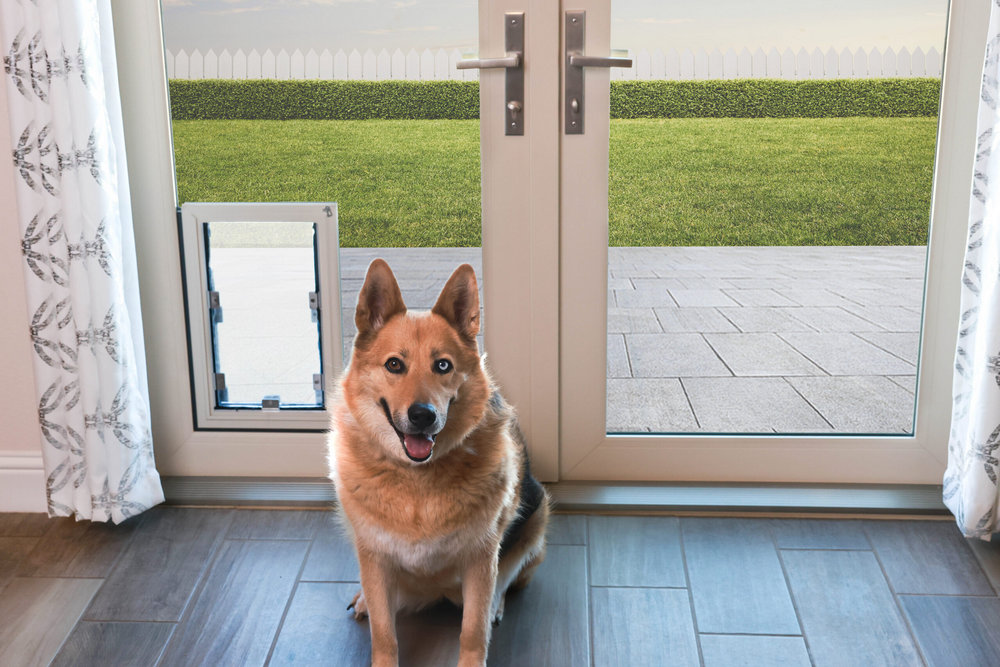In today’s world, where sustainability and cost-effectiveness are becoming increasingly important, homeowners are constantly seeking ways to improve energy efficiency in their homes. One question that often arises in this pursuit is whether investing in energy-efficient windows is worth it. Do they help save money in the long run, or are they just another expense? Let’s delve into this topic and uncover the truth behind the benefits of energy-efficient windows.
Firstly, what exactly are energy-efficient windows? These windows are designed to minimize the transfer of heat between the interior and exterior of a building. They achieve this through various features such as low-emissivity (low-E) glass, multiple panes, and insulated frames. Unlike traditional windows, which often allow heat to escape during the winter and enter during the summer, energy-efficient windows act as barriers, helping to maintain a consistent temperature indoors.
The Financial Benefits:
One of the primary motivations for investing in energy-efficient windows is the potential for long-term cost savings. While these windows may have a higher upfront cost than standard ones, their energy-saving properties can lead to significant financial benefits over time.
Reduced Energy Bills:
Energy-efficient windows can help lower your heating and cooling bills by reducing the need for artificial heating and cooling. By minimizing heat transfer, these windows help maintain a comfortable indoor temperature year-round, requiring less reliance on heating systems in winter and air conditioning in summer.
Tax Credits and Incentives:
In many regions, homeowners may be eligible for tax credits or incentives for installing energy-efficient upgrades, including windows. These incentives can offset the initial investment and accelerate the return on investment.
Increased Property Value:
Energy-efficient features are increasingly valued by homebuyers. Installing energy-efficient windows can enhance your home’s overall appeal and marketability, potentially increasing its resale value.
Environmental Impact:
Beyond the financial benefits, energy-efficient windows also offer environmental advantages. By reducing energy consumption, these windows help lower greenhouse gas emissions associated with heating and cooling systems. This lowers your carbon footprint and contributes to broader efforts to combat climate change.
Choosing the Right Windows:
When considering energy-efficient windows, choosing the right product for your specific needs and budget is essential. Factors to consider include the window’s U-factor, solar heat gain coefficient (SHGC), and Energy Star rating. Consulting with a reputable contractor or energy efficiency expert can help you navigate these options and make an informed decision.
In conclusion, energy-efficient windows offer a range of benefits beyond just saving money. While they may involve a higher initial investment, the long-term savings on energy bills, potential tax credits, and increased property value make them a worthwhile investment for homeowners. Moreover, energy-efficient windows contribute to a more sustainable future for our planet by reducing energy consumption and lowering greenhouse gas emissions.
If you’re looking to enhance your home’s energy efficiency and reduce expenses, reach out to Harbor Construction at (888) 882-2247 to explore ways to improve energy efficiency and save money.

